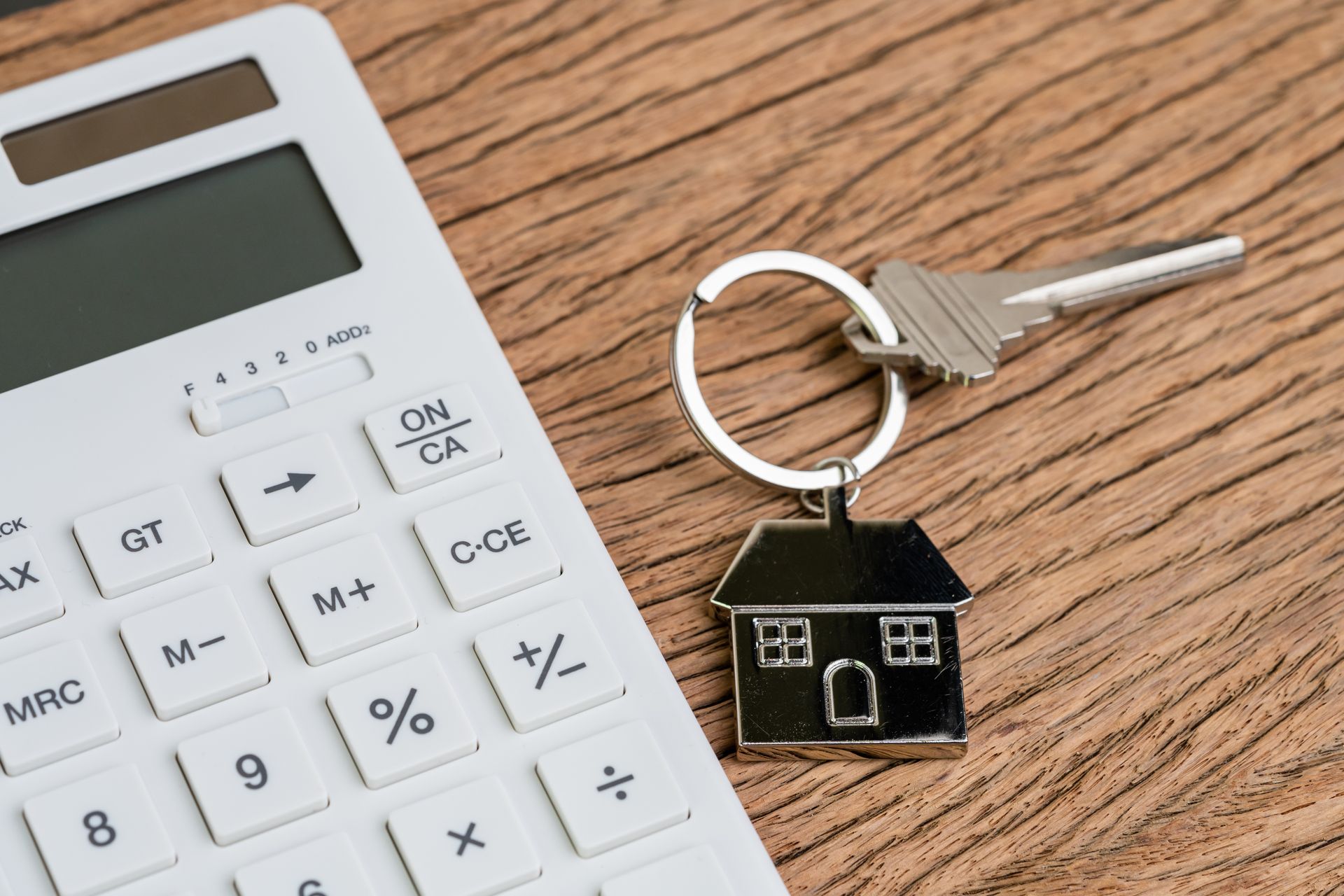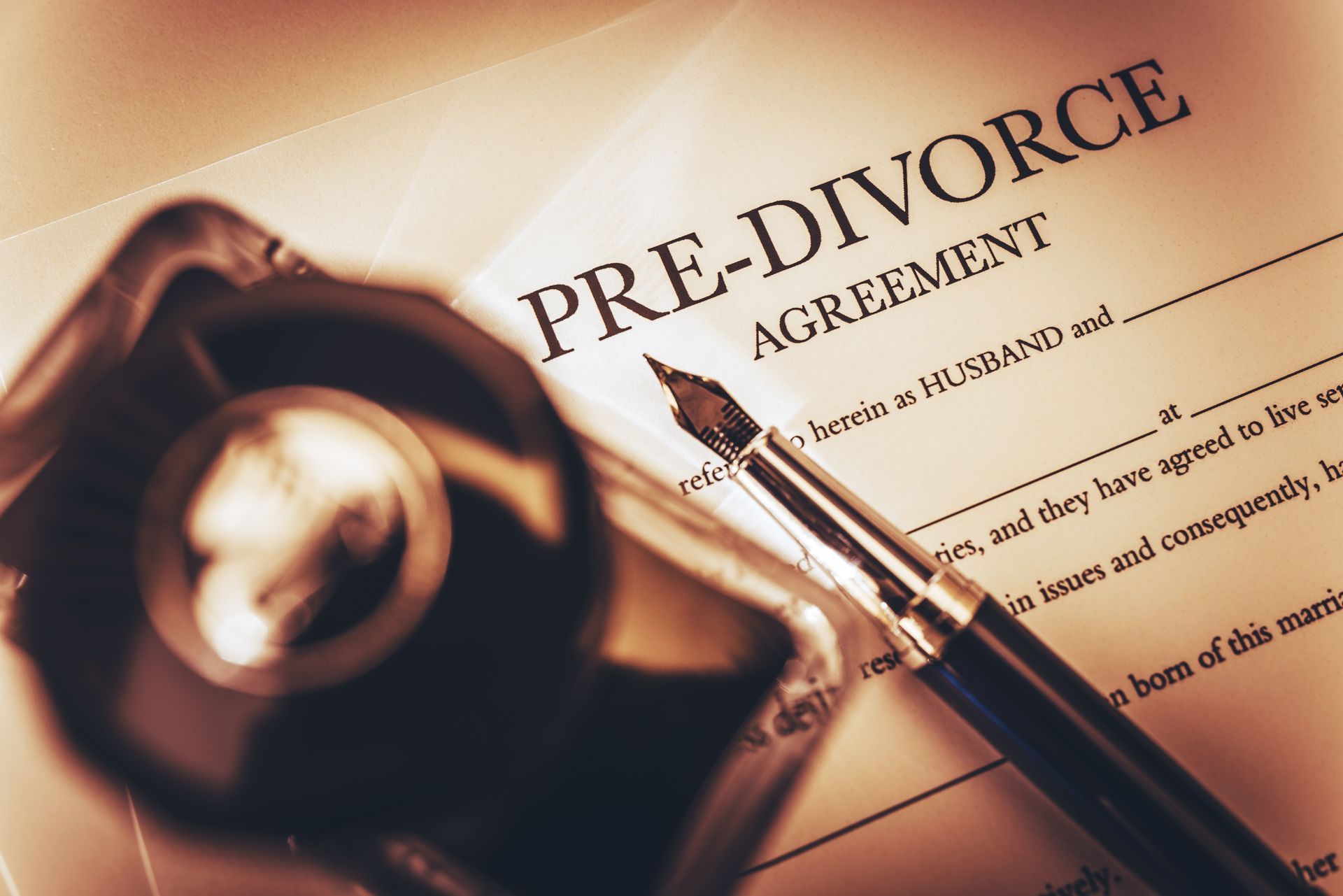Splitting of the Family Business After a Divorce
Divorce can wreak considerable upheaval for any family, emotionally, financially and practically. This is especially so if the family run a business together (e.g. if a married couple has joint ownership of a limited company) on which they rely to provide a source of income. Not only do decisions about child and living arrangements need to be made, but an agreement will need to be reached regarding the future running of the business. In this article, we will discuss how the courts will treat a family-run business when it comes to reaching a financial arrangement following a divorce.
Will the courts take into account a family business following divorce financial proceedings?
Under section 25 of the Matrimonial Causes Act 1973, if both parties to a divorce have a mutual interest in a business that they rely on as a source of income, it will normally be treated as a financial resource by the courts when determining a fair financial outcome. One of the main considerations in this scenario is whether the business needs to be valued and, if so, how to gain the necessary valuation.
Will our business need to be valued following divorce?
When it comes to deciding whether a valuation is needed and the method to use, much will depend on the type and scale of the family business. Some of the factors that may need to be taken into account to decide if a valuation is needed include whether:
- The divorcing parties own a substantial proportion of the business
- Other parties own part of the business
- The business will be sold in the foreseeable future
- The divorcing parties are approaching retirement age resulting in the business being sold or wound up
- The business has significant profits, turnover, or capital assets
- The business has strong liquidity
- There is a large difference between modest profits and the parties’ standard of living
- The business’s capital is undervalued
- The company accounts do not show the full financial status of the business
- The partnership deed or shareholders’ agreement requires a valuation of the business
It is, therefore, unlikely that a valuation will be necessary if the business provides a simple income stream for the family. It is also important to bear in mind that when providing financial disclosure following divorce using ‘Form E’, there is no requirement to provide a formal business valuation. In most cases, it is sufficient to provide an estimate using the last set of company accounts. As was shown in the case of J v J [2014] EWHC 3654 (Fam), a short accountant’s letter explaining the business valuation figure provided on Form E may be all that is required. If a formal valuation is needed, this should be undertaken by an expert in business valuation who can use the correct valuation method (e.g. net asset, earnings, and discounted cash) and explain any tax implications when it comes to financial settlement options.
What will happen to our family business following divorce?
The courts have considerable discretion when deciding how a family business should be handled following divorce. Much will depend on the circumstances of the case. The court may decide to make any of the following decisions:
- Allow one party to keep control of the business and compensate the other party – in this scenario, the compensated party may be given a lump sum, ongoing maintenance payments, or a combination of the two arrangements.
- Transfer share ownership from one party to the other – this may be appropriate if one party will continue to run the business but the other will not.
- Make both parties shareholders – In this scenario, both parties continue to operate and bear the responsibility of the business.
- Sell the business – this is rarely done and normally only considered where it is necessary to achieve a fair outcome for both parties. The judge may offer the opportunity for parties to purchase their interest in the business or find a suitable buyer.
Many factors are taken into account by the courts, including whether the business was included in a pre or post-nuptial agreement, whether the business was in place before the marriage/civil partnership, and the preferences and needs of the divorcing couple. Broadly speaking, when making a decision on a financial order, the courts view family businesses as much more “risk-laden” compared to other asset types. From the perspective of financial security, it may be preferable to receive a divorce settlement that includes money and property rather than business assets.
Final words
Parties to a divorce or dissolution are often not aware of the options, risks, and considerations when deciding how best to handle a family business. Securing the best possible outcome when splitting a family business following a divorce requires legal, financial, and business expertise. Where a valuation of the business is necessary, this must be done correctly and thoroughly to achieve a fair outcome for both parties.
For a free consultation regarding how best to handle your family business following divorce, please call our understanding and caring family law team on 0208 300 6666.
About Us
KLR Solicitors is an award winning firm of solicitors specialising in Family, Matrimonial, Divorce, Children Act Proceedings, Financial Matters, Injunctions, Will Drafting, Wills Administration, Employment, Conveyancing and Immigration law.
Contact info
Areas we cover: London, Kent, Bexleyheath, Chislehurst, Sidcup, Erith, Dartford, Enfield, Crayford, Bexley, Welling, Thamesmead, Woolwich, Abbeywood, Edmonton, Cheshunt, Tottenham and other areas.














